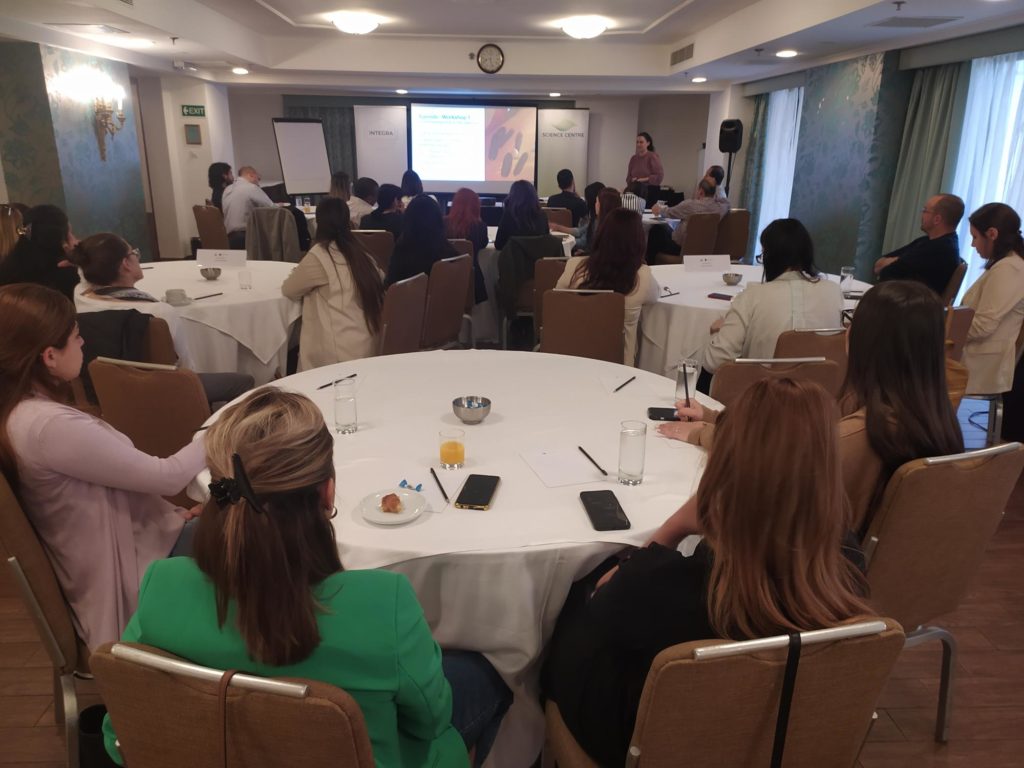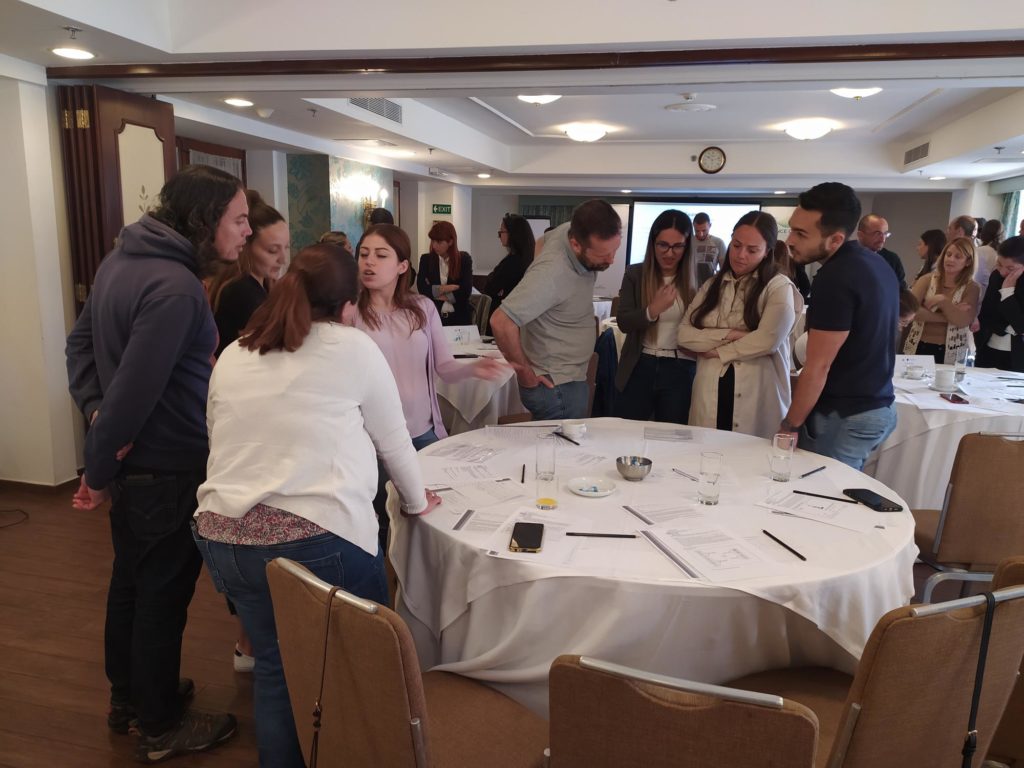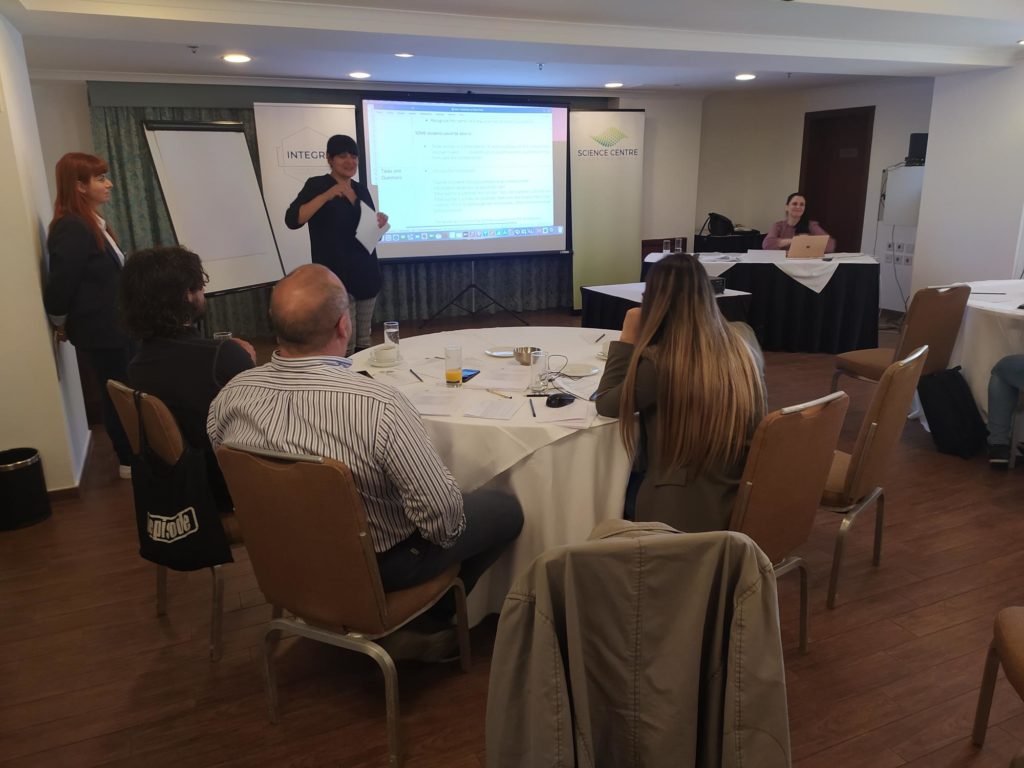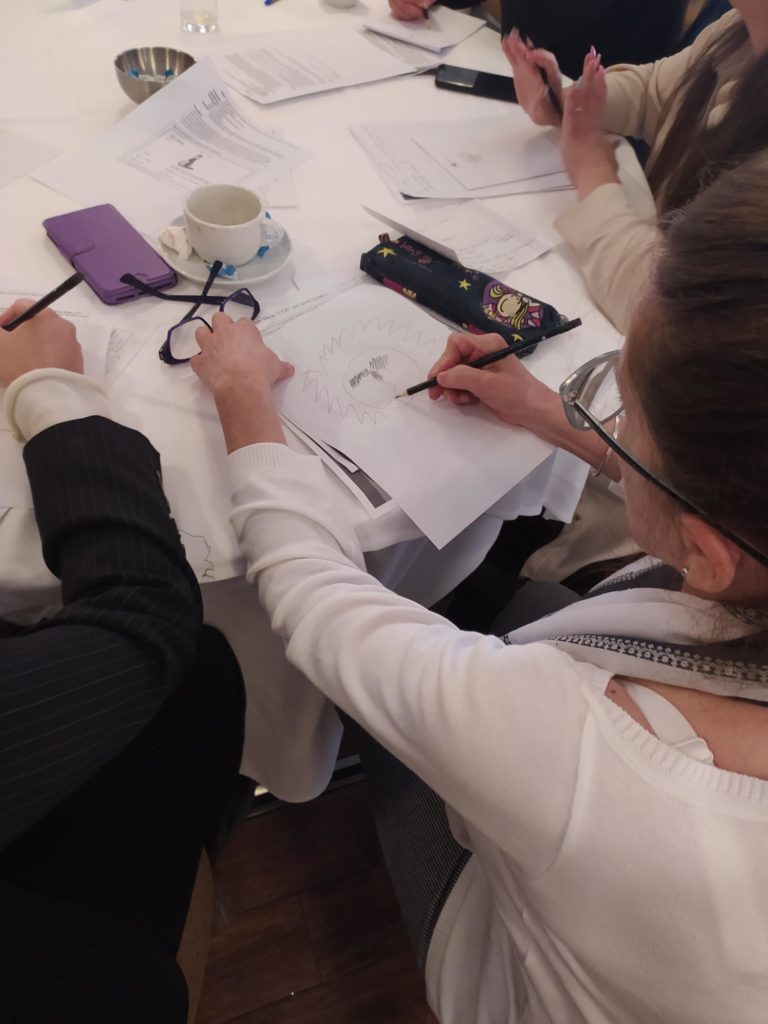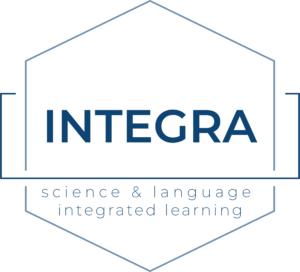
INTEGRA is a project of the Science Centre, that employed an integrated learning approach to facilitate integration of migrant learners into mainstream education. This short project was run between the 15th February and the 31st May 2023, and was conducted in collaboration with the Maria Regina College (MRC) Naxxar Induction Hub. INTEGRA received funding from the ‘Education Resilience in Europe’ initiative, coordinated by European Schoolnet (EUN) and Cisco Foundation.
The project had the ultimate aim of supporting migrant learners’ second language development, without losing focus on other attainment targets related to STEM skills and knowledge. To reach this objective, the project embarked on providing all educators at the MRC Naxxar Induction Hub with a training programme in ‘Content and Language Integrated Learning’ (CLIL). More specifically this consisted in two full-day seminars titled: ‘Planning a CLIL lesson: benefits and challenges’ and ’The CLIL Approach in Practice’. Ms Caroline Campbell designed and delivered both teacher training seminars.
Also, as part of this project, teachers from the MRC Naxxar Induction Hub were given the opportunity to develop Learning Scenarios as exemplars of CLIL lessons covering both Science and English learning outcomes. An e-booklet, including 12 learning scenarios, can be downloaded using the link below. Teaching aids and equipment required to deliver these lessons are also being supplied to the MRC Naxxar Induction Hub through funds from this project.
Ms Amanda Lupi Spencer and Ms Amanda Mizzi, teachers at the MRC Naxxar Induction Hub, contributed to this project as learning scenario developers, while Ms Cressida Abela and Ms Judith Smith provided any assistance required with respect to English and Science respectively.
‘Education Resilience in Europe’ is supported by the STE(A)M Partnerships of Scientix, with funding from the European Union’s H2020 research and innovation programme – project Scientix 4, coordinated by European Schoolnet (EUN) and Cisco Foundation. The STE(A)M Partnerships programme of Scientix (the community for science education in Europe) promotes the collaboration between several organisations to develop research and testing initiatives for new approaches for creative and innovative science, technology, engineering, and maths (STEM) teaching and learning opportunities connected to existing national practices. These new approaches are tested locally, nationally, or internationally
Seminar 1
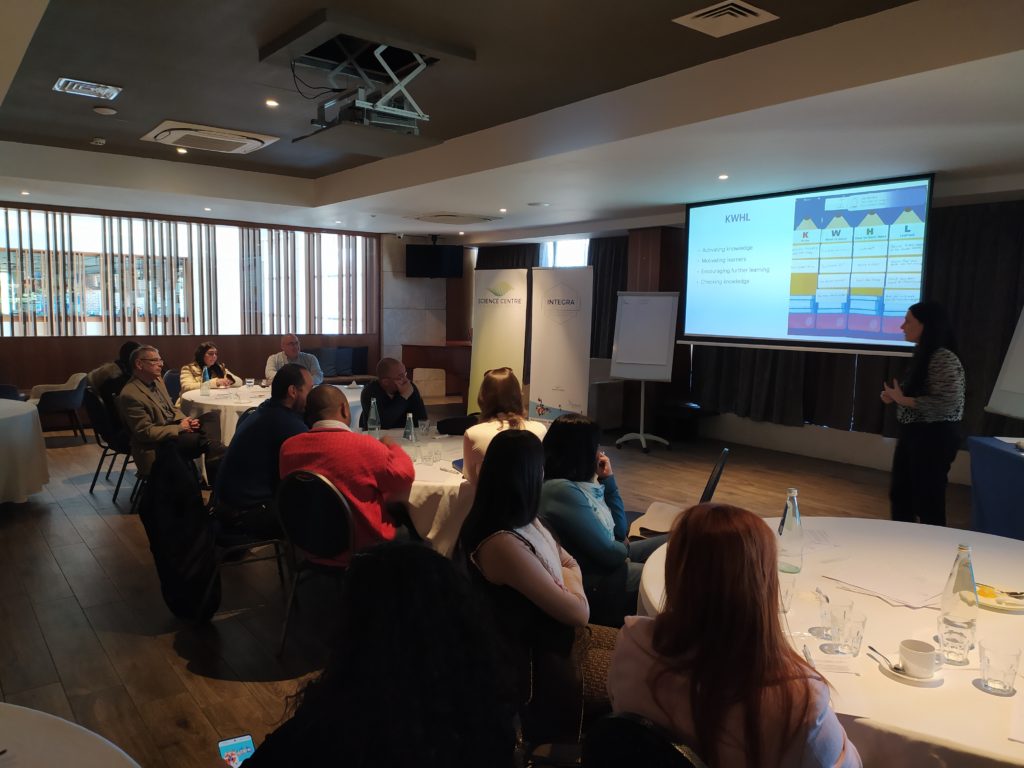
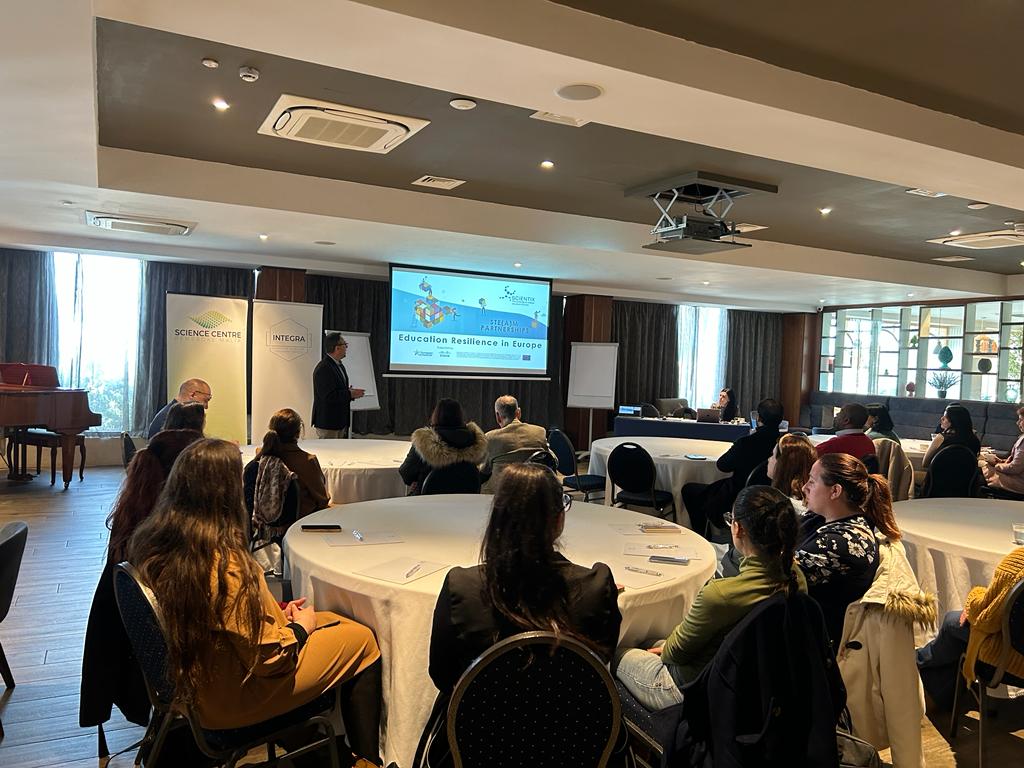
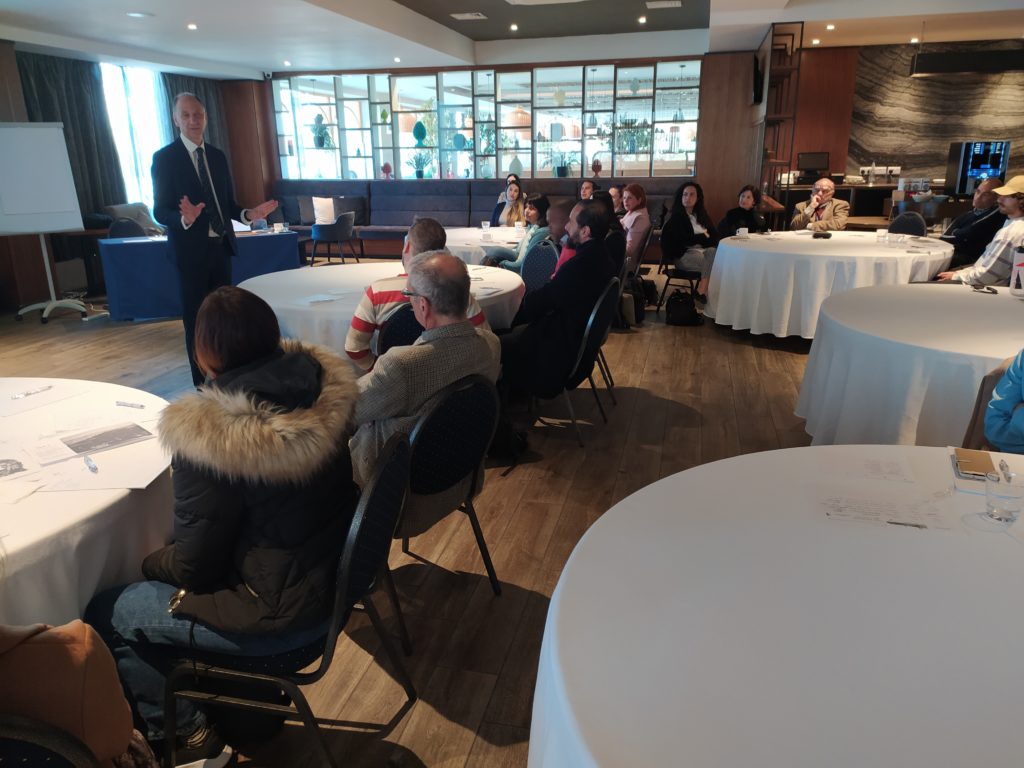
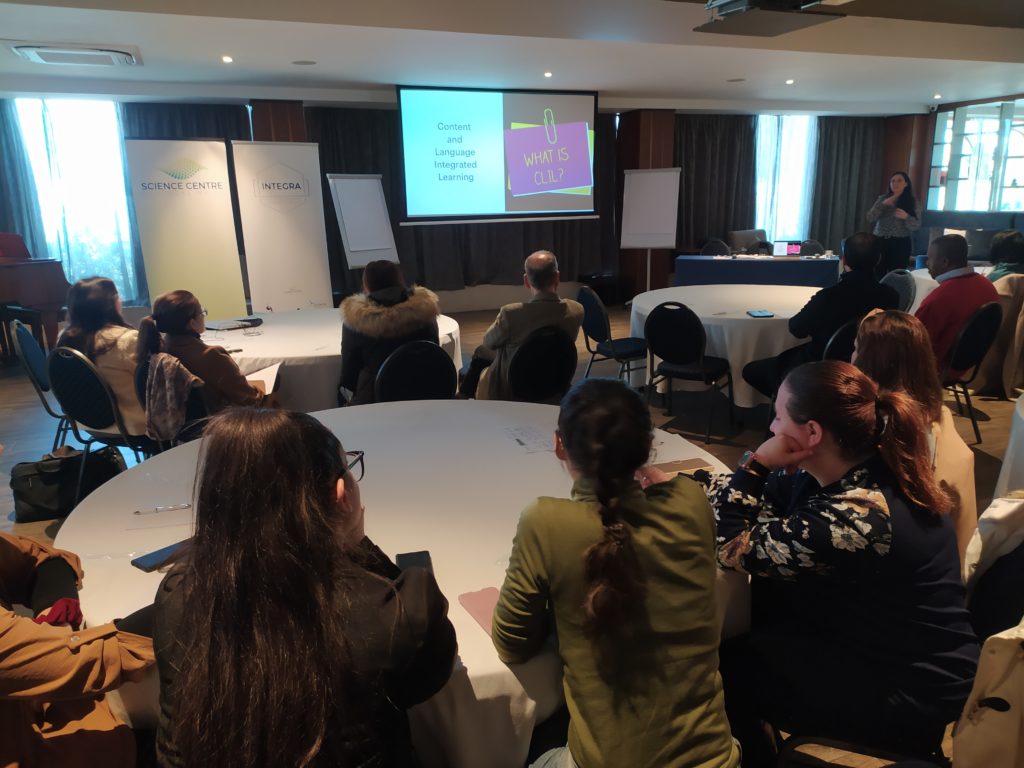
Seminar 2
